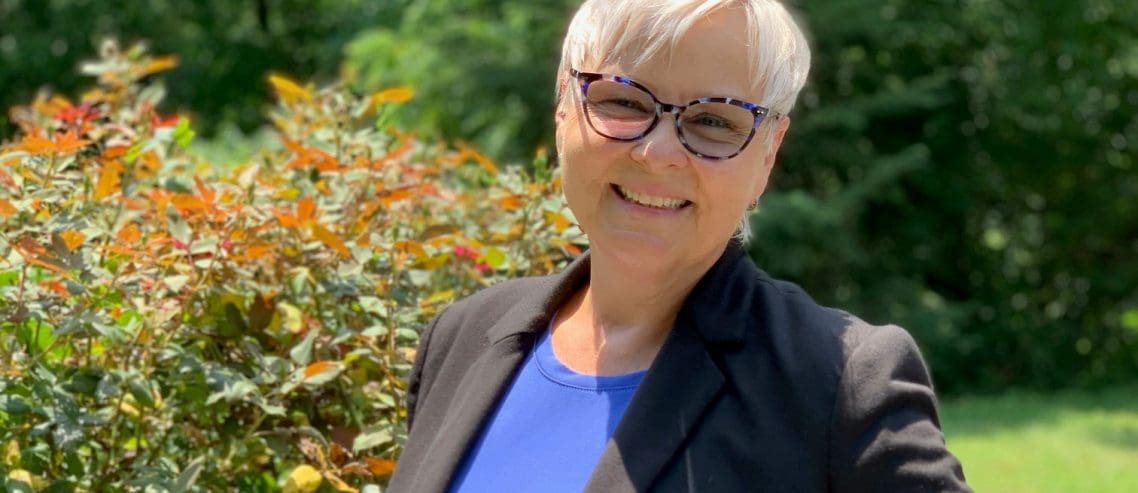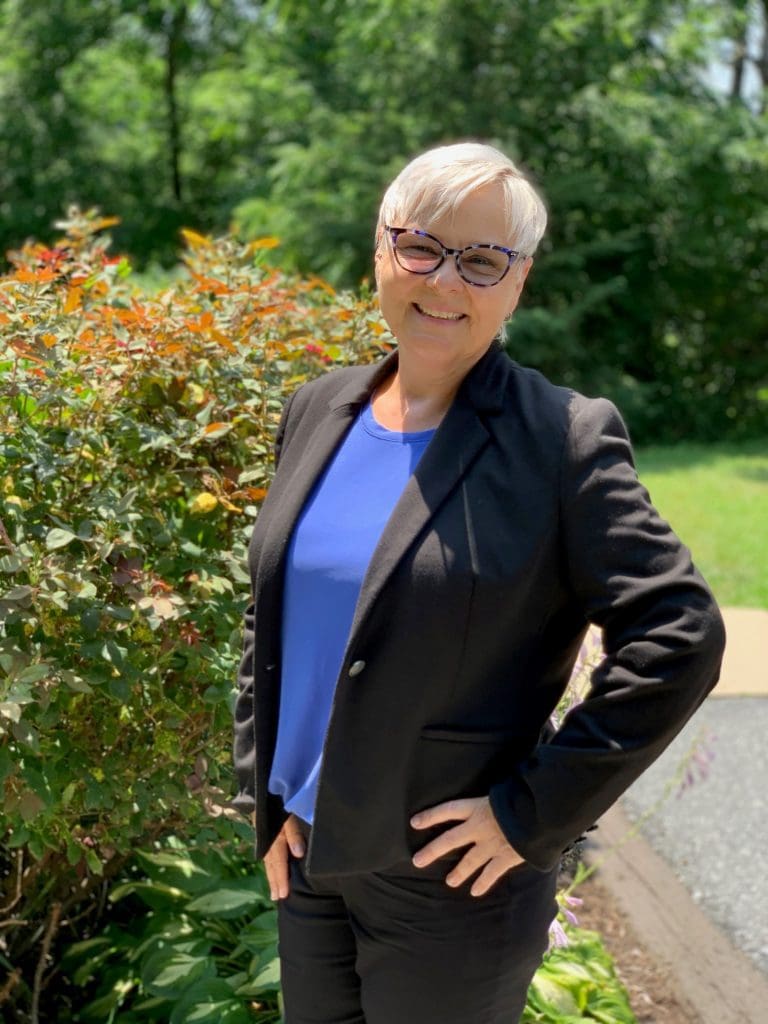Don’t be a Recovery Bully
October is National Bullying Prevention Month, and I’d like to speak about that topic as it relates to a community that’s dear to me personally and professionally. We know that there is stigma around substance use disorder. However, did you know that stigma exists within the recovery community itself?
People who are in recovery feel proud of their success and want to share it, however, sometimes that pride can turn into rigid beliefs that individuals then try to apply to everyone who is seeking a path to recovery. This intention is never typically mean-spirited, they just believe that what works for them must work for everyone. Research has demonstrated otherwise.
Recovery is a highly individualized process that addresses an individual’s whole life and history. Individuals may benefit from peer recovery support, faith-based support, medication-assisted recovery, culturally specific approaches, mental health services, mutual aid groups such as or secular support, while others can spontaneously recover. So, when does the bullying happen?
When people using one or more of the above-mentioned supports decides that their path is the only way that people can recover and begin openly invalidating others’ paths. Just imagine, for the first time in your life you feel like you are succeeding in your recovery by utilizing medication and you go to a support group where someone tells you; “You’re not really in recovery.” Perhaps you have found a faith-based path, and someone tells you that because it’s not their specific type of “recovery meeting” it’s not valid.
There are already too many challenges for people on any path of recovery. As individuals that deeply value our recovery, we should never want to make judgments of others’ efforts. Ever. Celebrating another person’s success never invalidates our recovery.
Wondering how you can support instead of bully? Be inquisitive and ask them to talk about how their recovery path is working for them. Point out the positives and let them know that you’re proud of them. Learn about new pathways. Mirror open and nonjudgmental behaviors within your community.
In closing I’d like to offer some wisdom on this topic from Bill Wilson, one of the founders of Alcoholics Anonymous, spoken at a convention in 1969:
“It is an historical fact that practically all groupings of men and women tend to become more dogmatic; their beliefs and practices harden and sometimes freeze. This is a natural and almost inevitable process… All people must, of course, rally to the call of their convictions, and we of AA are no exception
…Simply because we have convictions that work well for us, it becomes very easy to assume that we have all the truth…Let us not, therefore, pressure anyone with our individual or even our collective views. Let us instead accord each other the respect and love that is due to every human being as he tries to make his way toward the light. Let us always try to be inclusive rather than exclusive…”





